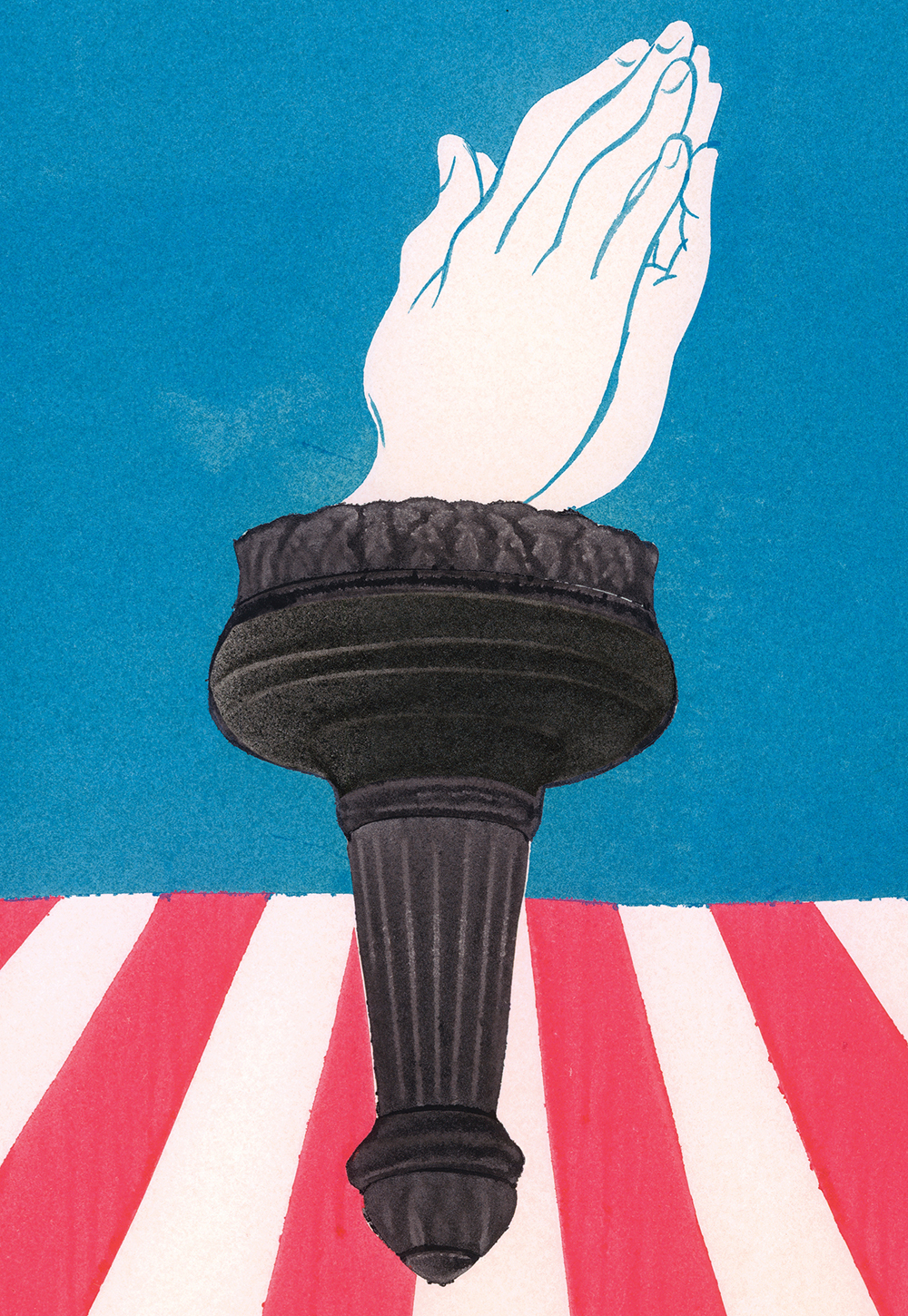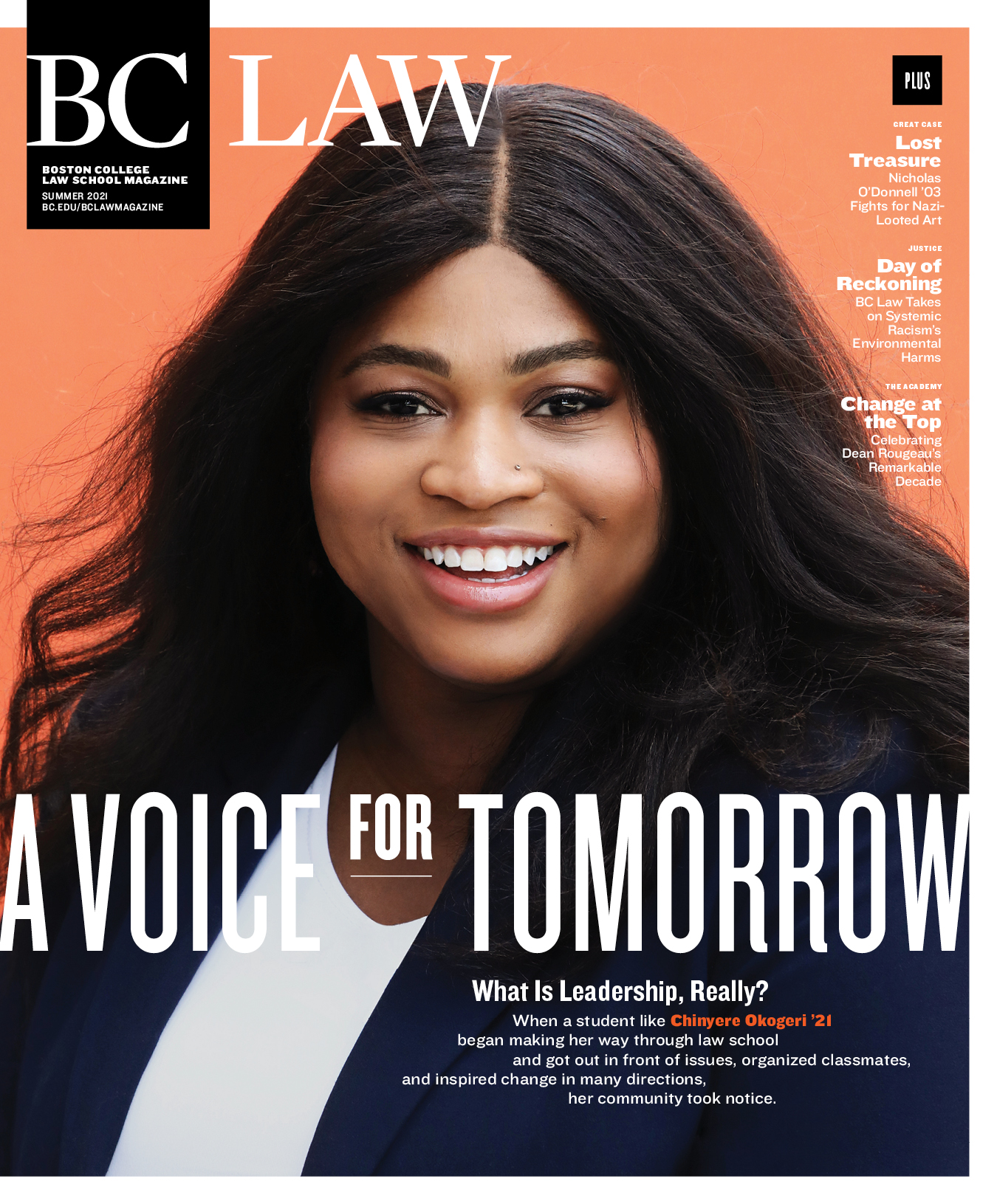
What role does religion play in our democracy? To start, religious freedom is the first right enshrined in the First Amendment. This has led some to declare it the “first of freedoms,” not only in sequence but also significance. Not all ascribe such primacy to it. But an expansive view of religious freedom enjoyed broad-based support for much of our country’s history. That support has begun to erode.
In recent years, the Supreme Court granted religious accommodations touching on reproductive rights, sexual morality, and public health, among other controversial issues. Critics derided such decisions as emblematic of a broader, conservative “weaponization” of the First Amendment. This “weaponization” collapses the freedom to believe into the freedom to act in accordance with belief. The Court long ago concluded that under our Constitution, “the first is absolute but, in the nature of things, the second cannot be.” In theory, that basic proposition remains uncontroversial on both sides of the aisle. But its practical application is a persistent source of judicial confusion.
Supreme Court justices can be forgiven for struggling. Though constitutional meanings often play hide-and-go-seek with text, religious freedom proves particularly elusive. The word religion only appears once in the entire document and plainly has no plain meaning. Its etymology suggests how multidimensional it is. “Religion” likely came from the Latin root ligare, to bind. Joined with the prefix re-, religion is the process of “binding together again.”
The question is: What does religion bind? Some believe the bind refers to oaths taken by members of religious orders. This emphasizes religion’s ecclesiastical dimensions and recalls the Court’s early religious freedom jurisprudence concerning church governance and property law. In those cases, the Court disclaimed authority to settle religious questions, even if it left related legal disputes unresolved.
Religion may also refer to the bind between the human and the divine. This resonates in the Court’s modern treatment of individual religious accommodation claims. Justice Jackson argued religion’s “vitality is in the religious experiences of many people.” He cited the psychologist William James, who described these experiences as “conversations with the unseen, voices and visions, responses to prayer, changes of heart.” Confronted with the prospect of adjudicating inexhaustibly various and intimate religious experiences, the Court demurred.
Now, its commendable respect for religious belief has led to questionable license for religious actions. These actions are too often deeply divisive. Even if such accommodations do not “weaponize” religious freedom, they certainly politicize it.
This suggests a third way of understanding religion: it binds together people. For many, it is cultural and political, not doctrinal or metaphysical. Courts must account for that dimension during this time of rising polarization.
I met a pastor who told me mixing religion and politics is like mixing manure and ice cream. The manure is fine but the ice cream is ruined. He wants to protect religion from politics. But many believe politics needs to be protected from religion. The Court can help protect both if it limits religious accommodation claims that inflame political tensions. No one benefits from the perception of religion as a cynical pretext to gain advantage in partisan conflicts.
Our democracy appears tattered, in pieces. Religion can play a role in binding it together again. But first, we must not let it drive us further apart.


